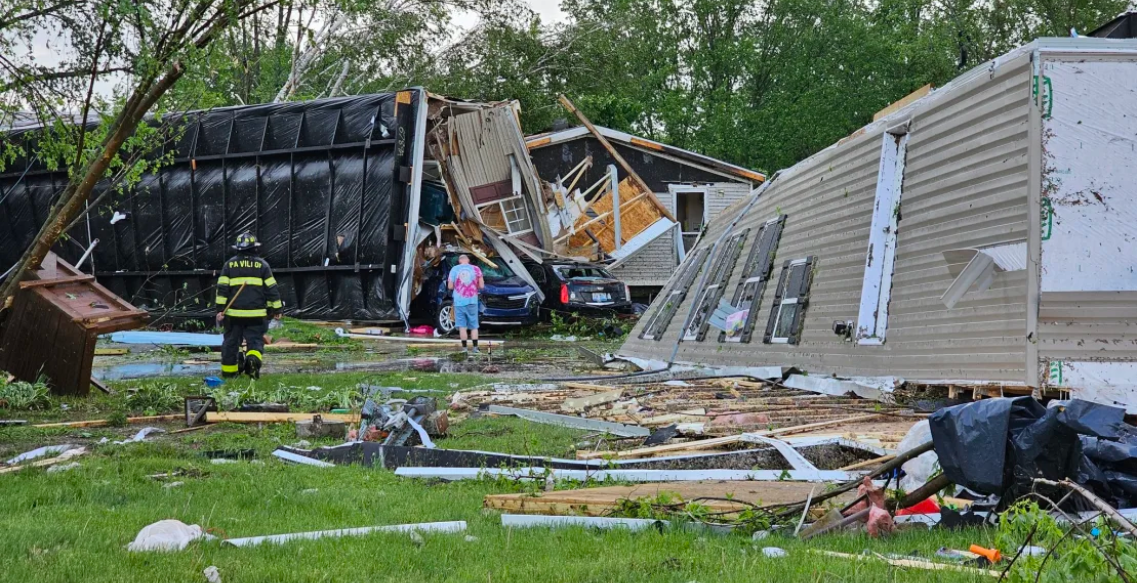In a significant diplomatic move, Russia has proposed a comprehensive ban on all space weapons amidst escalating tensions with the United States. This proposal comes in response to recent claims by the U.S. that Russia poses a threat with its alleged development of “indiscriminate nuclear weapons” targeting space assets.
The proposal, announced by Russian Foreign Minister Sergei Lavrov during a press conference in Moscow, calls for an international treaty banning the placement of any weapons in outer space. Lavrov emphasized the need for global cooperation to prevent the militarization of space and to maintain it as a peaceful domain for all nations.
The announcement follows a series of accusations from Washington, accusing Moscow of developing and testing space-based weapons capable of disrupting or destroying satellites, a crucial component of modern military and civilian infrastructure. These allegations have been vehemently denied by Russian authorities, who assert that their space program is solely for peaceful purposes.
The U.S., in response to Russia’s proposal, has reiterated its concerns about potential threats to its space assets. Secretary of State, Jessica Williams, speaking from the State Department, expressed cautious optimism about the Russian proposal but emphasized the need for thorough verification mechanisms to ensure compliance.
“The United States welcomes any sincere efforts to promote the peaceful use of outer space,” stated Williams. “However, given recent developments and our commitment to protecting our space assets, any agreement must include robust verification measures to ensure compliance by all parties.”
The issue of space militarization has been a growing concern among the international community as advancements in technology have made space an increasingly contested domain. Satellites play a critical role in communication, navigation, weather forecasting, and intelligence gathering, making them prime targets in any potential conflict.
Experts have warned about the catastrophic consequences of space warfare, not only in terms of disrupting essential services but also the potential for escalation leading to broader conflicts on Earth. A ban on space weapons, if effectively implemented and enforced, could mitigate these risks and contribute to maintaining stability in an increasingly interconnected world.
However, achieving consensus on such a treaty may prove challenging, given the complex geopolitical dynamics and differing national interests involved. Negotiations are likely to require careful diplomacy and compromise from all parties involved.
As tensions persist between Russia and the United States over various geopolitical issues, including Ukraine, Syria, and cyber warfare, the proposal for a space weapons ban presents an opportunity for both nations to engage in constructive dialogue and cooperation on a critical global issue. The coming months are likely to witness intense diplomatic efforts as the international community seeks to address the pressing challenge of space militarization and safeguard the future of space exploration and utilization for peaceful purposes.



